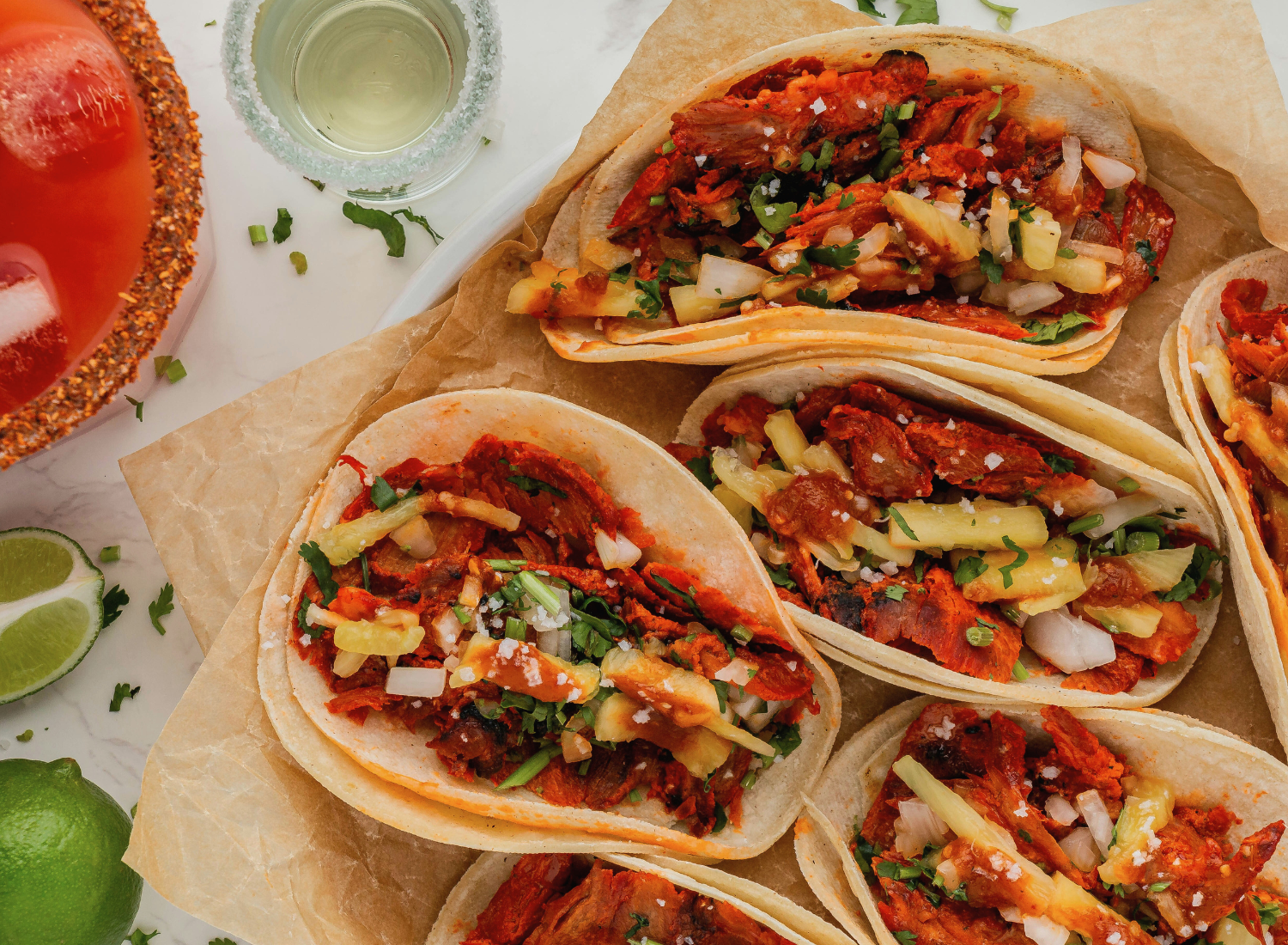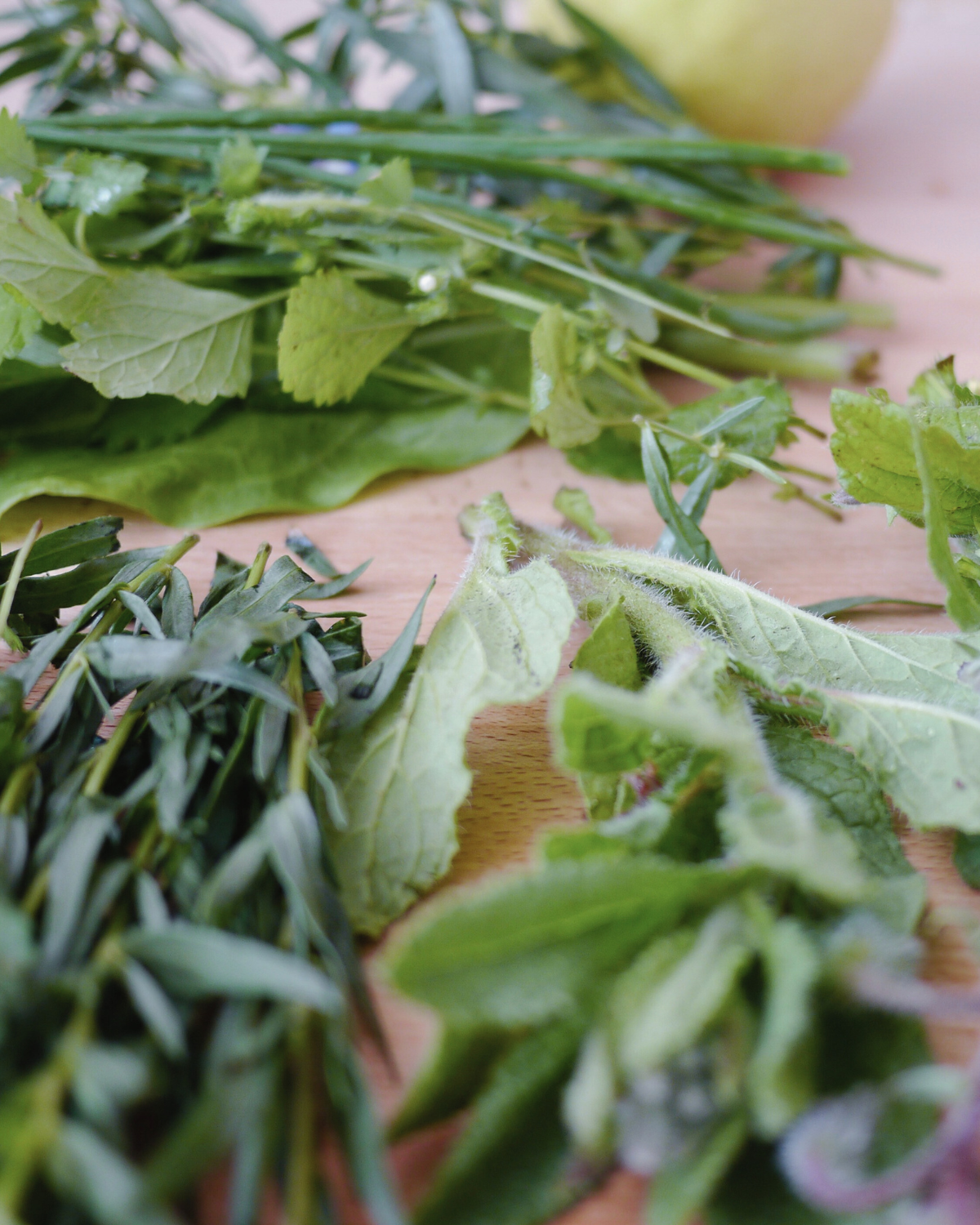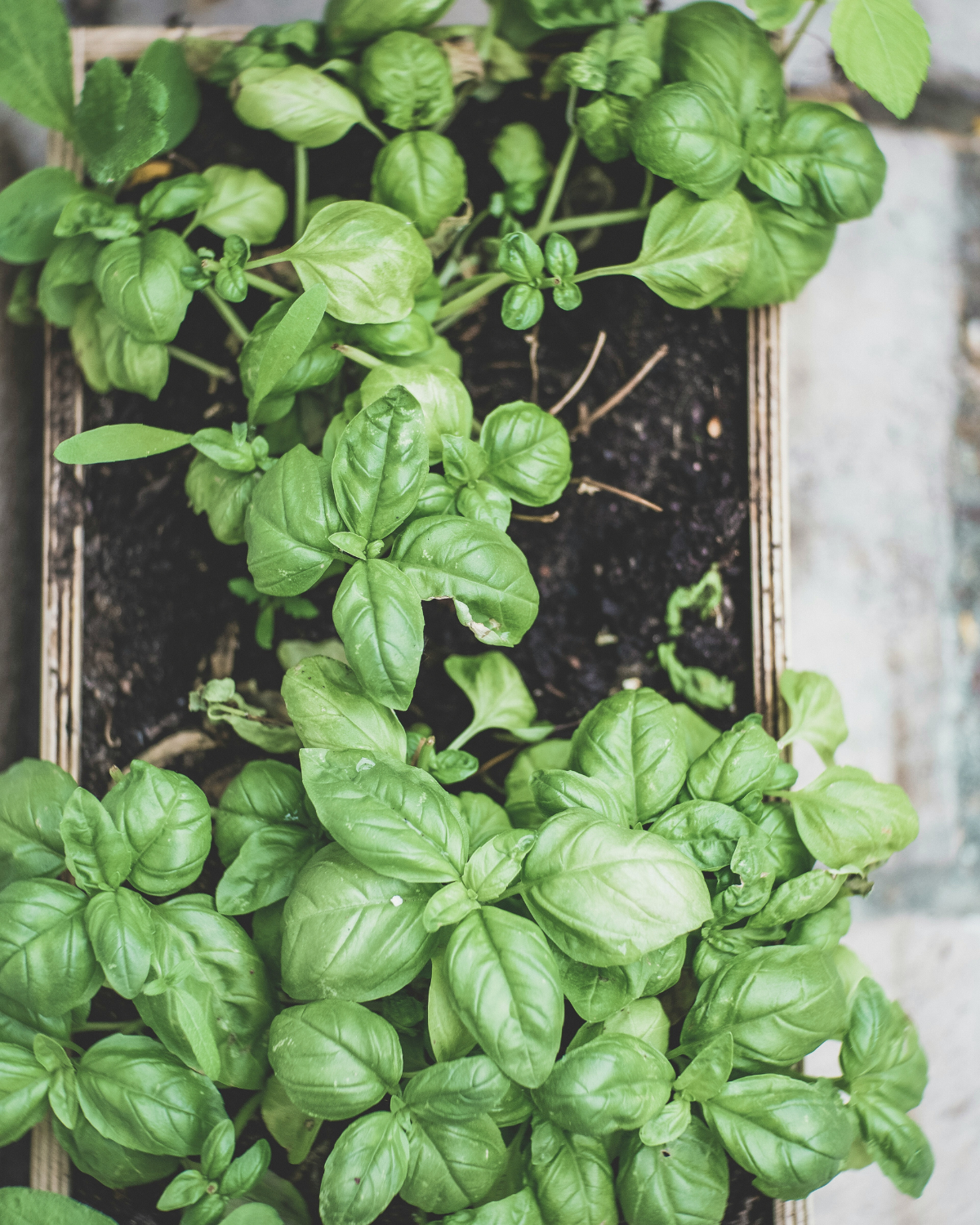WRITTEN BY MOLLY E. SANDWELL

Wondering why plant enthusiasts seem so fascinated by imitation meat? If you’ve ever puzzled over why meat-avoidant individuals are perpetually trying to recreate the items they’ve chosen to give up, you’re not alone.
The fact is, not all vegans and vegetarians dislike meat. In fact, many swear off meat for different reasons entirely.
Why Vegans and Vegetarians Choose Plant-Based Foods
Spoiler alert: it’s usually not because they don’t like how meat tastes.
Health Benefits
It’s long been known that there are some serious detriments to eating too much meat — processed meat especially. This is why many have chosen to adopt a plant-based diet which, when properly balanced, can promote greater health. According to the Mayo Clinic, vegetarians tend to weigh less and have a lower risk of heart disease than non-vegetarians do; meanwhile, people who eat red meat tend to be at a higher risk of death from heart disease, stroke or diabetes.
The bottom line is this: diets lower in processed and red meat have been proven a number times over to have a positive impact on your health.
Environmental Impact
While there are a variety of factors that contribute to climate change, the meat industry is a particularly troublesome one. Still, it is one that consumers can actually exert some control over with their purchasing power. As cattle and dairy farming produce particularly high levels of greenhouse gasses and other damaging practices, vegans and vegetarians have chosen meat substitutes as a more eco-friendly food choice.
How does eating meat have an environmental impact, exactly? Meat farming contributes to climate change through deforestation, as land must be cleared for the animals to pasture and extra room must be made for their food supply to be grown. Additionally, animals like cows and sheep emit methane as a byproduct of their digestion process and methane is an extremely harmful byproduct on the environment, having an impact 28 to 34 times greater than CO2 at trapping heat in the atmosphere.
How does avoiding meat change this? According to a 2019 study published in the journal Nature, if every person in the United States reduced their meat consumption by just 25%, the result would reduce yearly greenhouse gas emissions by 1%. And that’s just reducing your meat consumption—not giving it up altogether. Another 2022 study, found that replacing beef for just one meal a day lowered an individual’s daily carbon footprint by nearly half in those that regularly ate this meat.
Put simply, even a small shift toward a more plant-based diet can create an impact.
Personal Reasons
Some decline meat simply for personal, ethical or religious reasons. In Buddhism, Hinduism and Jainism, meat is avoided on the grounds of nonviolence, also known as ahimsa. As a result, most Buddhists are vegetarians and Jains are stringent vegans. Similarly, many Muslims don’t eat pork for spiritual reasons.
In addition to religion-based beliefs, many others opt for plant-based diets because they advocate for animal welfare and don’t particularly like the thought of these creatures suffering for gustatory enjoyment.
Personally, I’ve reduced my meat consumption for several of these reasons but the strongest two are for environmental impact and animal welfare. I just can’t stand the thought of animals suffering!
Why Vegans and Vegetarians Love To Recreate Meat
So, what are some of the reasons why vegans and vegetarians keep hankering over imitation meats? There are many reasons for this spanning from nostalgia to conditioning. Let’s explore some of the top ones.
Many Actually Like The Taste of Meat
The fact is, many vegans and vegetarians don’t give up meat because they don’t like it, they choose to forgo meat for a variety of aforementioned reasons including: animal rights, the desire to decrease greenhouse emissions, or to enjoy the health benefits.
Still, many former meat eaters do enjoy the taste and texture of meat. This being so, why not recreate these commonly meat-based concoctions with healthier, plant-based alternatives?
Nostalgia
Here’s another thought: ever wonder why so many of those plant-based meat substitutes in the frozen aisle are for chicken nuggets, corn dogs and other kid-friendly items? It’s not because the vegetarian overlords are targeting your children with their soy-based agendas—it’s because these foods engender a feeling of nostalgia in all of us.
These comfort foods rekindle the innocence of childhood and are a commonly sought-after meal in times of stress. Having plant-based comfort foods on hand ensures vegans and vegetarians always have something to savor when they’re feeling low or just a bit nostalgic.
I’ve tried many of these products personally, and let me say, the plant-based chicken nuggets are by far my personal favorite. They remind me of eating McDonald’s nuggets in the backseat of my parents’ car, but minus the guilt I now feel after watching Supersize Me or reading Fast Food Nation.
Psychology
Let’s be honest: humans don’t like being told we can’t have something. According to Psychology Today, 43% of ex-vegetarians/ex-vegans reported that they found it too difficult to be “pure” with their diet, citing this as a reason for returning to meat.
As a result, it is quite likely we strive to create so many meat-less meat options because we don’t want to feel like we’re depriving ourselves.
Instead of thinking, “Dang, I can’t have cheese now!” vegans can opt for a variety of plant-based cheeses (and what a variety of them there are). Rather than lament over the fact that one can’t enjoy a meatball sub anymore, vegetarians can sample a plant-based meatball alternative.
Conditioning
Another element to consider is how many of us have been raised in Western culture and the value placed on meat in our society. Here, meat items are viewed as a standard in our diets. In a way, we’ve been conditioned to desire meat and think of it as a food staple. Recreating meat products without the meat allows individuals to enjoy the foods they’ve been raised to desire without the harmful side effects on our bodies or our planet.
Social Connection
There is, at times, also a social pressure to eat meat. As someone who’s abstained from meat in an environment surrounded by meat-eaters, I’ve been keenly aware of this. I’ve attended many family barbecues where I was asked the question, “burger or hotdog?” (And no, neither was plant-based.)
Bringing along a meat-free alternative like black bean patties or vegan hotdogs to one of these gatherings, or gregariously supplying some if you’re hosting, saves both the host and their meat-free guests from the embarrassing reply of, “Uh, neither.”
Ultimately, it’s nice to be able to enjoy a picnic or barbecue with friends without being seen as “finicky” or “difficult.” Plant-based options allow individuals to engage in these communal activities without compromising their values.
Variety
One last reason why plant lovers keep inventing new meat alternatives: variety! Just like anybody else, vegans and vegetarians like trying new things. And while they likely won’t be inventing any new fruits and vegetables in the near future, new dairy-free options, plant-fueled snacks and meatless meals are constantly being dropped on the market.
Trying these new items brings a sense of novelty to what can sometimes be seen as a boring diet. It may be a cliché, but variety does bring a good deal of spice to life and reinforces the notion that being a vegetarian doesn’t have to be bland.
In Summary
With the rise of sustainable practices, meat alternatives definitely won’t be going anywhere anytime soon. The field of plant-based alternatives is constantly growing and evolving as meat alternatives become more common, more plentiful and more advanced. Who wouldn’t want to try all these novel creations?

Molly E. Sandwell is a freelance writer and editor based in Southern California. She frequently writes about sustainability, plant-based living, home and gardening, and DIY projects. When not ambling about in nature, you’ll often find her wrapped in a cozy sweater, accompanied by her cat, a cup of coffee, and an indulgent stack of books.



